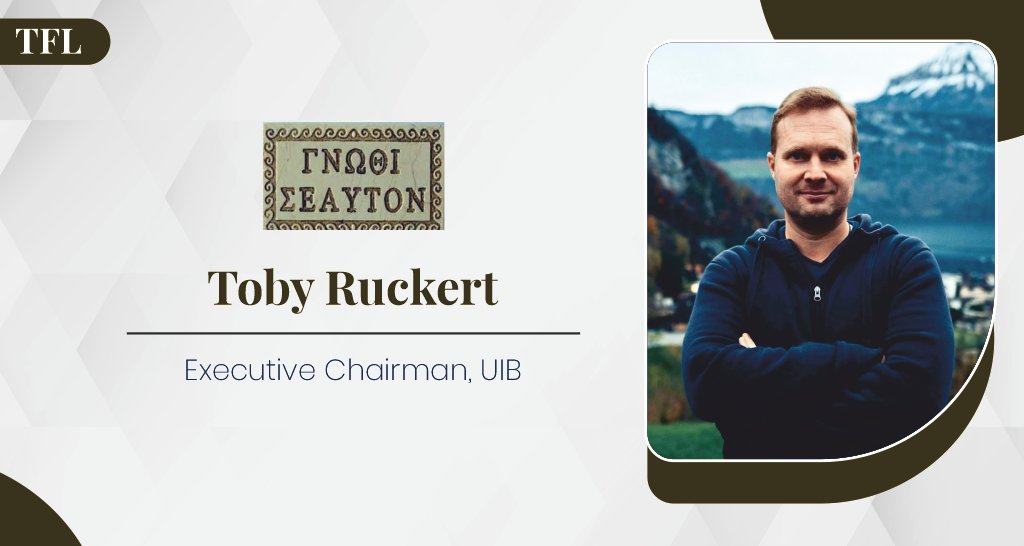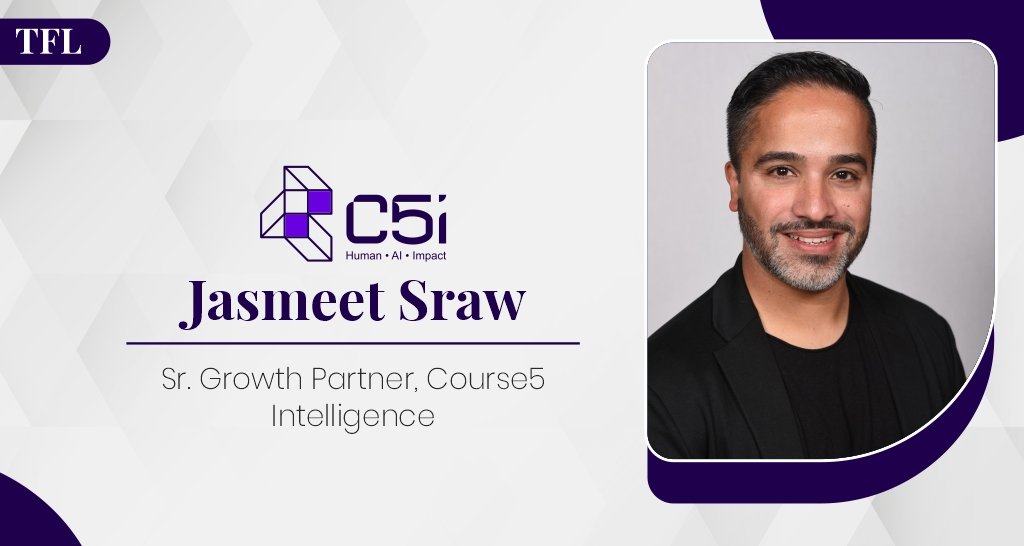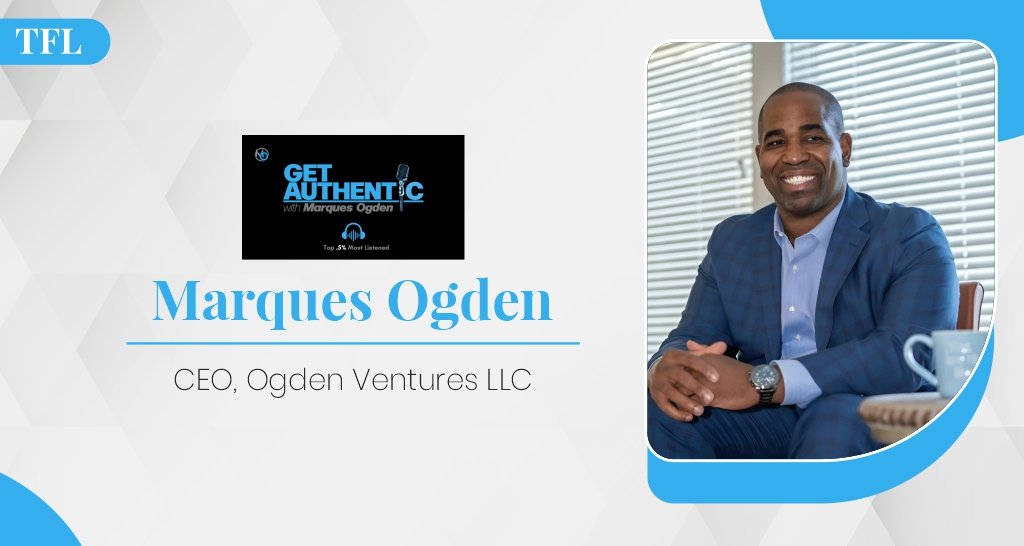But how?
As we enter the quiet and reflecting days towards the end of the year and just in time for making some New Year resolutions in a week, I wanted to write about ways how we can get to know ourselves (and with it, each other) better.
The subtle art of self-analysis is en vogue since the practice of mindfulness became a popular movement a few years ago. However, whether you are venturing into deep meditation or simply want to look inward before making certain decisions, many people struggle when it comes to the reality of self-knowledge.
No wonder. Much of our modern society is built upon reacting first and reflecting later. That is why before asking a question of the Gods, the Oracle of Delphi kind of forced its travelers to investigate themselves to “Know Thyself.
As simple as the demand sounds, as hard as it is to fulfill. Those interested in a more holistic form of self-inquiry therefore may also need to question the factors that contribute towards such. Indeed, the times we live in would do well with a few more of us challenging our collective and individual self-integrity by trying to better understand each other’s context of truth.
“Whosoever looketh into himself, and considereth what he doth, when he does think, opine, reason, hope, fear, etc, and upon what grounds; he shall thereby read and know, what are the thoughts, and passions of all other men” — Thomas Hobbes
Knowing who you are does not only help you, it helps to understand others as well. Also, the strength of one’s integrity stems not only from our habits, behaviors, and attitudes (collectively called “character”), but also from those not yet discovered features and abilities we all carry within, that we are seldom aware of, and which can only be unveiled by a so-called “potential analysis” or coincidentally be triggered by a pivotal, often unique and unexpected event in life that we have little or no control of.
Personality Tests and (Indirect) Self-Learning
Maybe you have come across various personality tests already, e.g. during school or study times, while trying to pass the odd recruitment interview, or perhaps you have taken one online simply out of curiosity.
Some of them include:
- the Myers-Briggs Type Indicator (see also Truity and Crystal), or
- the IDRlabs Enneagram.
These tests are great for serving specific purposes at times. However, there are many ways to learn about yourself indirectly, thereby uncovering aspects of your personality you may not yet have had on your radar.
One such approach is by learning about the factors that influence your health and well-being and that determine your “constitution” e.g. by understanding the ancient art and science of Pulse Diagnosis (and with it the Tridoshas “Vata, Pitta, and Kapha”):



